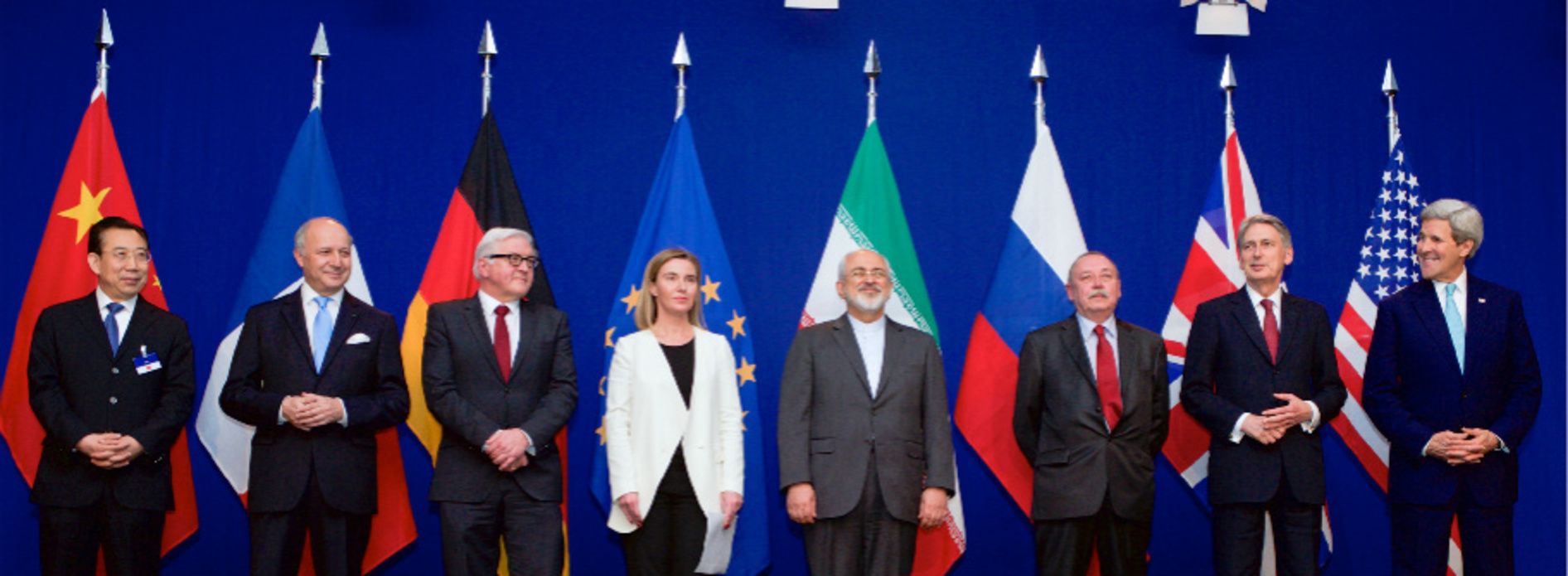Monday, January 25, 2016
Everything You Need To Know About The Iranian Nuclear Deal
The multilateral agreement with Iran and the United Nations (UN) to monitor and regulate Tehran’s nuclear power development is groundbreaking. For advocates of the Non-Proliferation of Nuclear Weapons Treaty (NPT), which went into force in 1970, Iran’s agreement to abide by NPT requirements signifies the treaty’s success and relevance. For the Obama administration the agreement cuts off Iran’s path to a nuclear weapon thereby avoiding military conflict. For critics, particularly the Israeli government, Iran will not live up to the agreement and will likely exploit its benefits for nefarious ends.
Details of the agreement are crucial. In return for regular inspections and reports to the UN’s International Atomic Energy Agency, the UN Security Council, the European Union (EU), and the U.S. agreed to drop various economic sanctions. The most important of these were American sanctions isolating Iran’s banking sector (the SWIFT system) and the banning of any American corporation or affiliate from doing business in Iran. The former essentially isolated Iran from global markets and the latter meant European companies with American interests would not risk doing business in Iran. Now, Iran is part of the global economy again. Of note is what the agreement is not. Relations between the U.S. and Iran remain cold with formal diplomatic recognition not on the table and American sanctions not related to the nuclear issue remain.
Critics argue a sanctions free Iran will create more regional instability. The sad reality, however, is that there are many reasons for today’s regional political violence and Iranian policy hardly figured in their origins. Moreover, future stability will also depend on the policies coming out of Riyadh, Tel Aviv, and Washington. Given its size, diverse domestic economy (Iran has a large automotive industry for example), and highly educated population (Case Western Reserve University educates some of Iran’s best and brightest), the reintegration of Iran is analogous to returning Brazil to Latin America. The U.S. policy of isolating Iran since 1979 and spending roughly $7 trillion in military operations in the Persian Gulf has produced little stability. Engaging Iran diplomatically offers far more options to influence Tehran’s regional behavior. For one thing, renewed trade with Iran has the economic potential to boost the region, particularly Iraq, Turkey, and the United Arab Emirates (UAE). Brutal and authoritarian, the regime in Tehran wants foremost to remain in power and that means securing socio-economic relief to a young and discontented population.
Finally, there is the question of the longevity of the agreement in the midst of a U.S. presidential election. After all, high profile international agreements like this are often linked to domestic politics. And while numerous presidential candidates have expressed a desire to end the agreement or strictly monitor with a hair trigger, there are high barriers to trashing the agreement in the absence of Iranian defection. Since the agreement is multilateral, an American return to nuclear sanctions (banking and trade) would actually amount to a defection from our European allies.
With this agreement, the Obama administration has initiated a new direction in U.S. policy toward the Middle East. The work toward realizing better outcomes than in the past has just begun.






